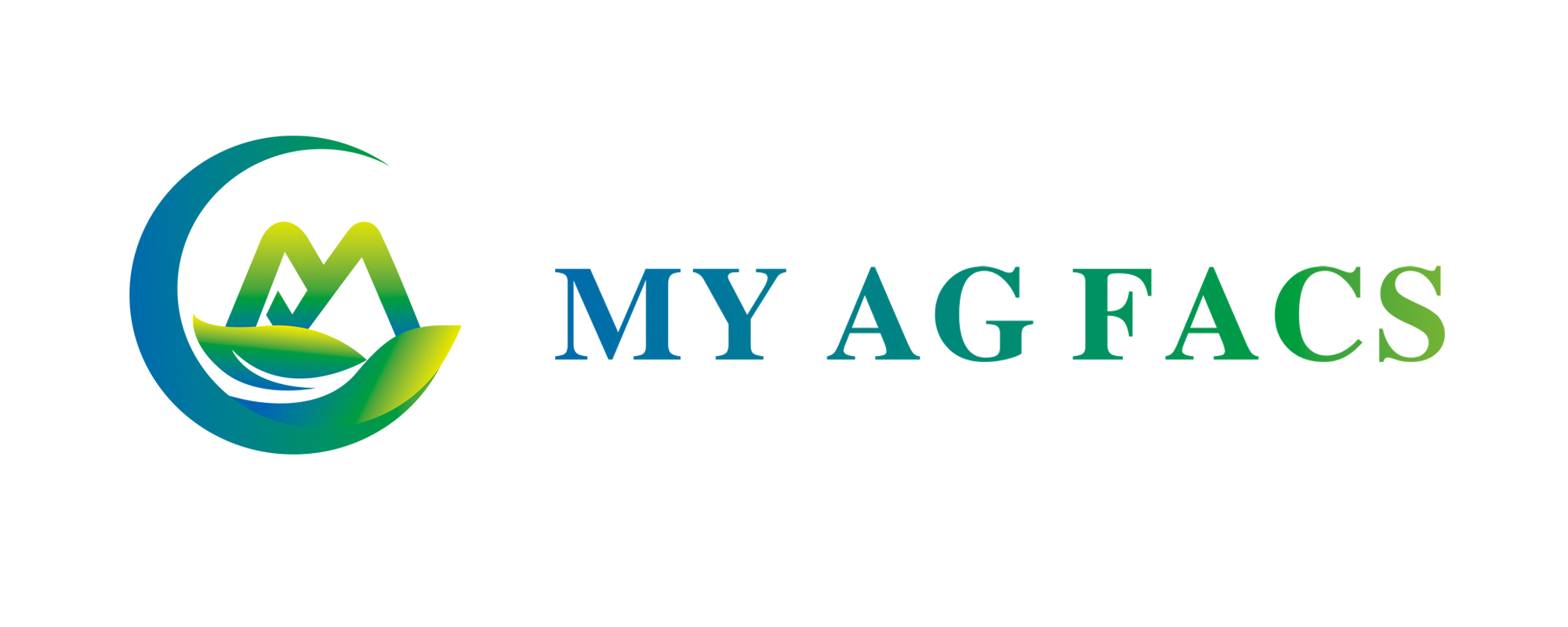
With the continuous development of agricultural technology, drip irrigation tapes, as an efficient and water-saving irrigation method, are increasingly being adopted by farmers, improving agricultural production efficiency. The usage scenarios of drip irrigation tapes are becoming more and more extensive, covering various crops, especially in arid areas and regions with scarce water resources, where their effects are more pronounced.
In a vegetable field of a small agricultural cooperative in Henan Province, drip irrigation tapes demonstrate their unique advantages. Farmers lay the drip irrigation tapes on the soil, slowly dripping water through micro-holes, providing the vegetables with an appropriate amount of moisture. Compared with traditional watering methods, drip irrigation tapes not only save water resources but also precisely deliver water to the roots of plants, reducing water evaporation and waste, making vegetable growth healthier, and yielding more impressive results.
Moreover, in a cotton planting base in Xinjiang, drip irrigation tapes also play a crucial role. Due to the dry climate, traditional irrigation methods often fail to meet the needs of cotton growth. However, drip irrigation tapes can adjust the drip volume and irrigation time according to actual conditions, maintaining soil moisture and providing a favorable growth environment for cotton. By using drip irrigation tapes, farmers not only reduce water waste but also increase cotton yields, contributing to economic growth and income.